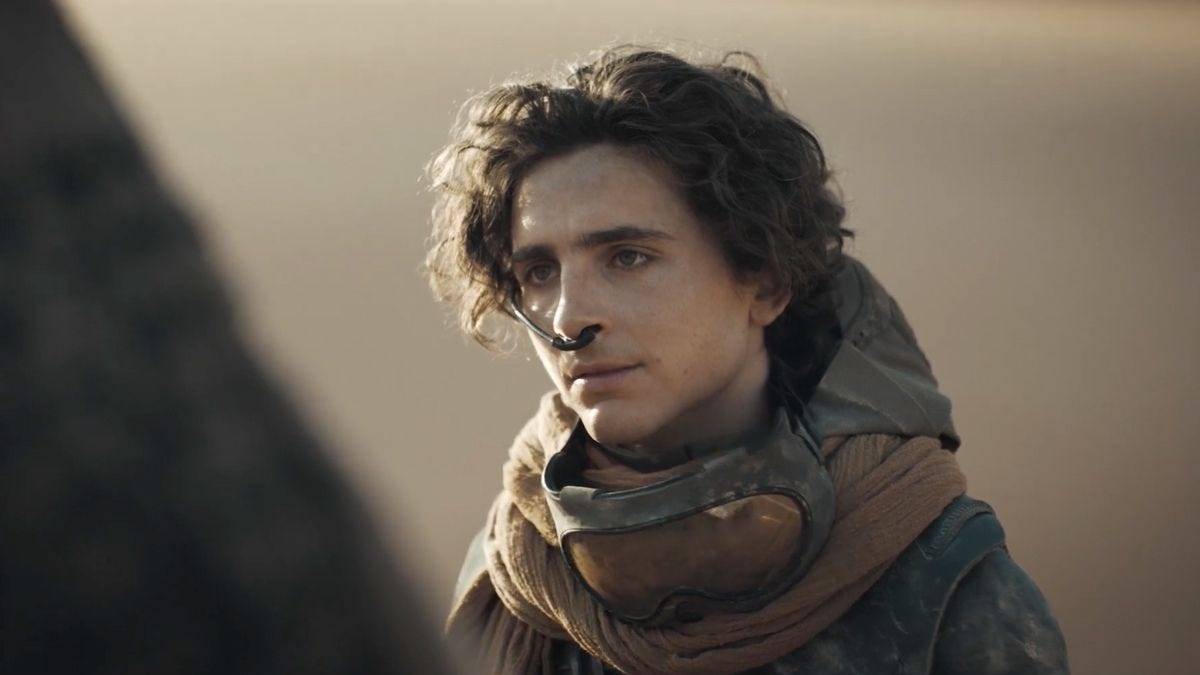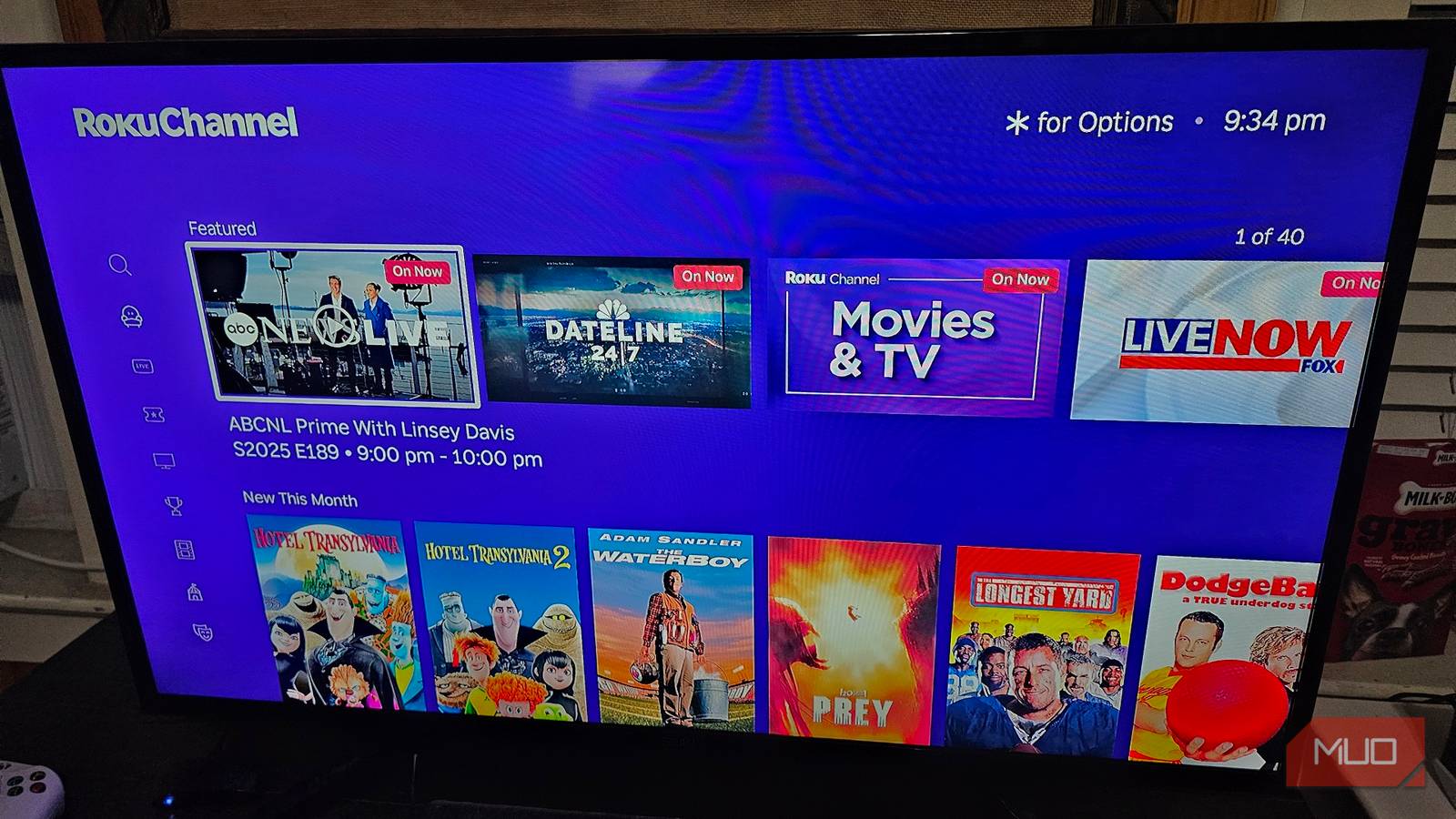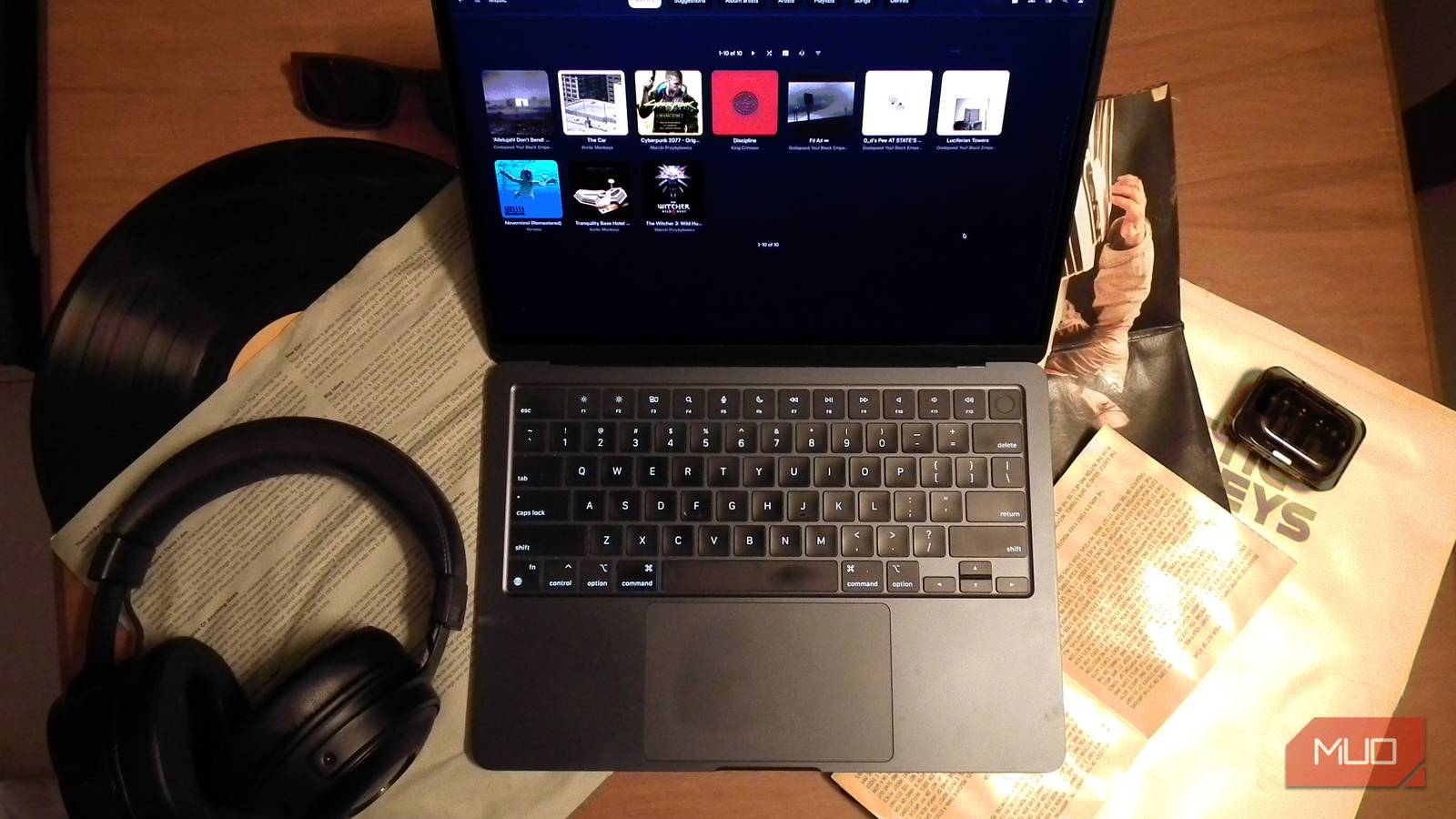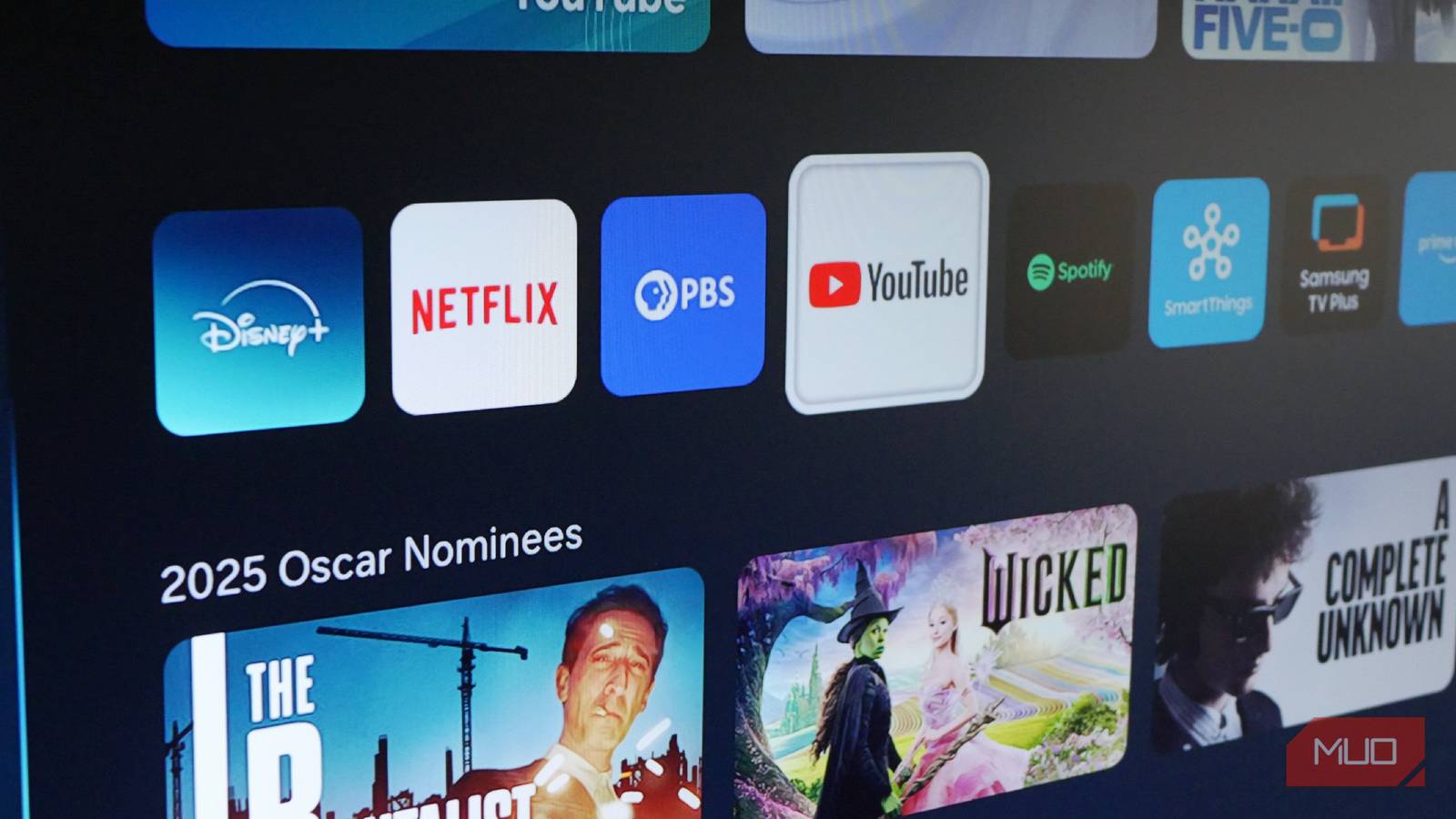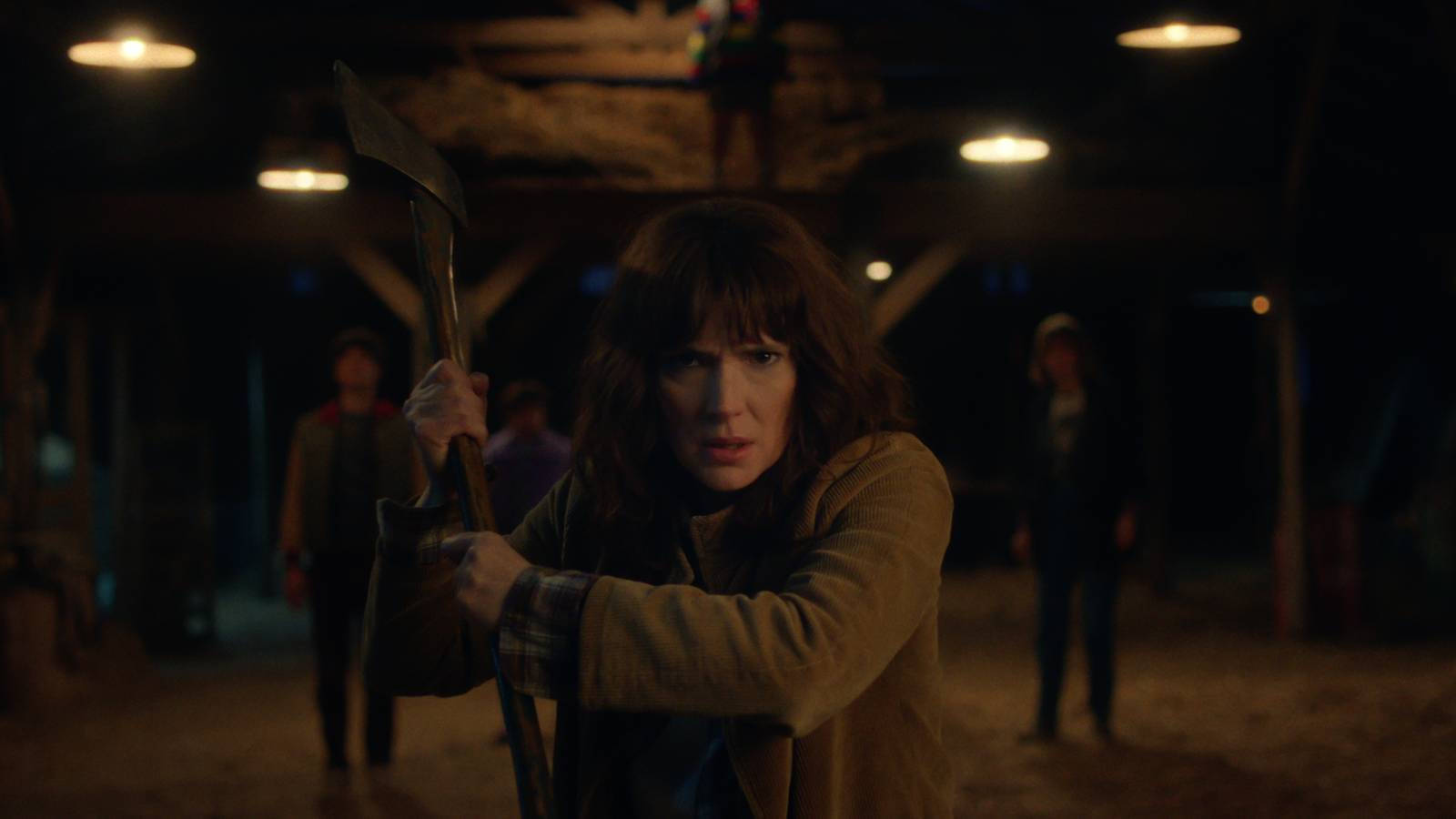I’m completely fascinated by nature documentaries, especially the further away the environment is from where I live. I just love learning about nature, flora and fauna (many of which are strange and bizarre), climates, and the mechanisms of evolution. What I would really love is to subscribe to every streaming service with nature documentaries, but I’m not made of money.
However, I found a solution to the problem — a platform that’s legal to use and offers a fountain of documentaries in 4K. And it just so happens to be an app that pretty much every person you know uses, and it has a TV app. You don’t even need an expensive 4K setup to enjoy it, either.
YouTube has a wealth of 4K nature documentaries
It’s free? You’re pulling my leg
I guess I shouldn’t be surprised that YouTube turned out to be an excellent option for free 4K nature documentaries. We’re talking thousands of videos on a wide variety of topics, like animals in Africa, underwater sea creatures, and global warming. Just doing a simple search for “4K nature documentaries” will flood your eyes with a wealth of options.
Of course, using the YouTube app on a smart TV won’t give you the same ability to filter results, so you’ll have to be a lot more specific when you search for a particular subject. As an aside, if you use YouTube in a browser, you can target videos with 4K as a resolution, length, or even find playlists for binging nature documentaries all day.
Many of my favorite nature documentaries have come straight from streaming them on YouTube, like BBC Earth’s Travel to the Depths of Our Mysterious Oceans, and in stunning 4K, which does wonders for underwater footage. You can also find numerous nature documentaries that involve Sir David Attenborough as both narrator and host, who is a joy to listen to.
My personal favorite channels
Speaking of Sir David Attenborough and BBC Earth, there are a handful of YouTube channels that I love revisiting. More importantly, I am aware that these channels are legitimate sources and that they produce some incredibly high-quality nature documentaries in 4K. If you’re ever unsure of where to start, try these channels first.
BBC Earth
Arguably the most well-known, BBC Earth is responsible for the series Planet Earth and Blue Planet, so the studio’s knack for capturing nature in its, well, most natural state is unprecedented. The best part is that BBC Earth’s YouTube channel has thousands of nature documentaries that are completely unrelated to its previous work.
Space and Science
Space is part of nature, too! When I’m tired of watching nature documentaries taking place on the ground, I like to hop over to Space and Science’s YouTube channel. One day you’re learning about the dangers of colliding black holes, and the next day it’s on emus. I particularly love that Space and Science will dedicate an entire hour to a specific animal, whereas BBC Earth might focus on one for a couple of minutes, then move on.
Our World
Now on Our World’s YouTube channel, you’re more or less getting comparable content to Space and Science and BBC Earth. However, I switch to Our World when I’m interested in shorter content. You’ll still find plenty of videos that are 45 minutes to three hours long, but you’ll also find ones as short as 20 to 25 minutes. One of my favorite videos is on underground wonders!
There is one problem with using YouTube for nature documentaries
But it still isn’t a deal-breaker
If your first thought was that I’d be concerned about copyright, I’ll give you half a point because that isn’t my main concern. YouTube is a legitimate place for finding free content; in fact, you can buy, rent, and watch movies for free. If it’s free, it’ll almost always come with ads, though. You’d be surprised by how many great movies are on YouTube that won’t cost you a cent. Some content is uploaded illegally, but you can always check the credits and channel info just to be sure.
Now, my main concern is actually with the content itself. With YouTube being a platform that allows anyone to upload, it opens up the ability for amateurs and misinformation. Not that there’s a problem with amateur videographers making a name for themselves, but it can become an issue if you’re, say, writing a paper or just simply looking for facts. It’s much easier to trust a documentary that’s been produced by a studio than if a random person on the internet.
You’ll be entertained for months, possibly years
Personally, I stick to my favorite YouTube channels, but if you feel that’s going to be a problem, there are several streaming services with documentaries as one of their main selling points, like Curiosity Stream and PBS America.
Otherwise, I might do research on a particular video if it looks suspicious, like AI-generated, or lacks any credible sources. YouTube Shorts are especially bad with AI-generated videos, so I’d recommend steering clear of those, too.
